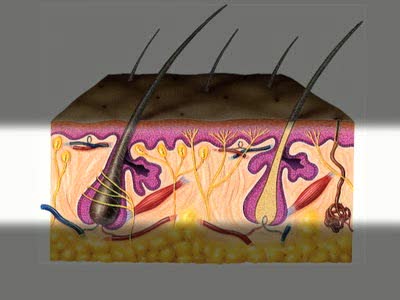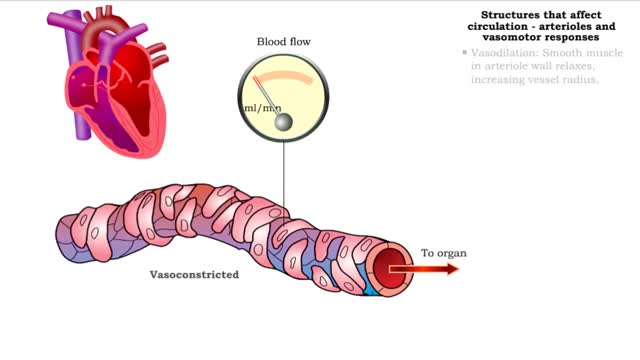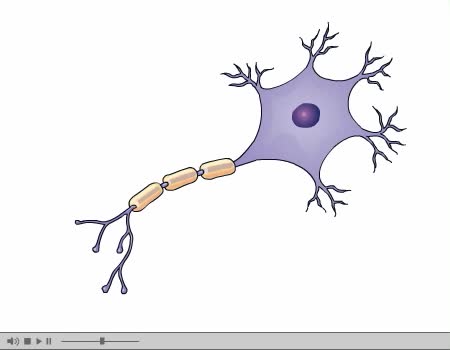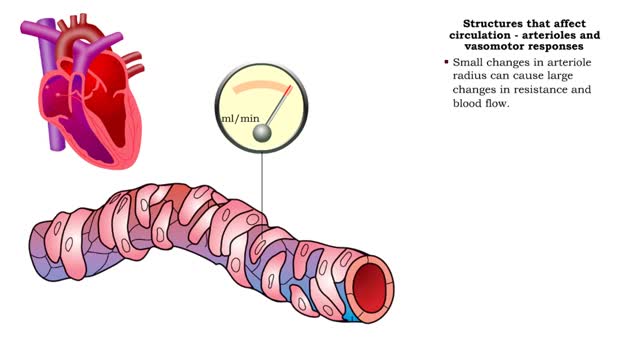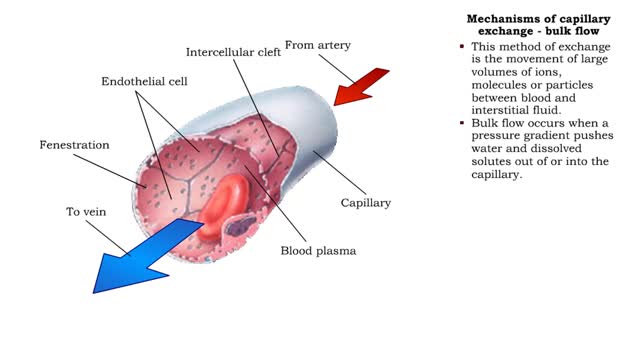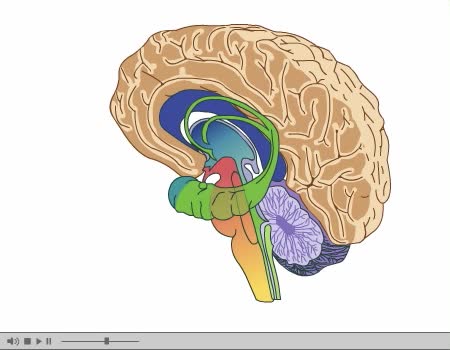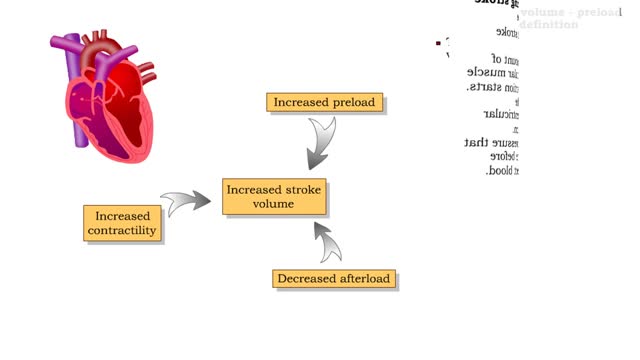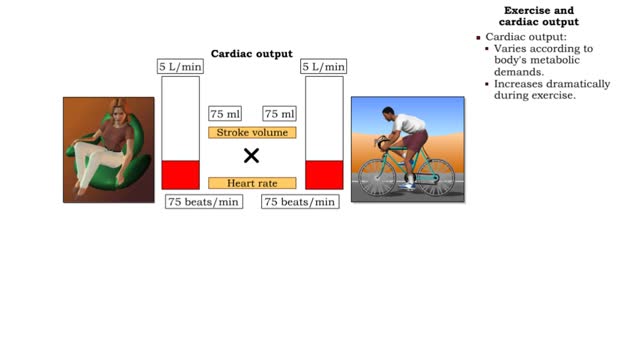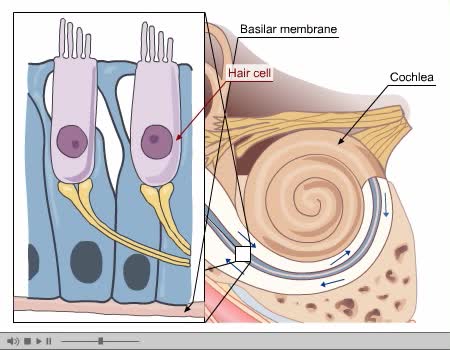Search Results
Results for: 'Capsular hydrostatic pressure (CHP)'
By: Administrator, Views: 12920
The integumentary system comprises the skin and its appendages acting to protect the body from various kinds of damage, such as loss of water or damages from outside. The integumentary system includes hair, scales, feathers, hooves, and nails. It has a variety of additional functions; it may serv...
Structures that affect circulation - arterioles and vasomotor responses and venous return
By: HWC, Views: 9717
■ Small arteries and arterioles determine SVR. • Blood pressure drops significantly as blood passes through arterioles. • Decreasing arteriole radius and decreased wall elasticity are the main reasons for increased SVR. ■ Small changes in arteriole radius can cause large changes in ...
Nerve Impulse Transmission Animation
By: Administrator, Views: 13101
How nerves transmit impulses. Stimulation of a nerve occurs at a receptor. Sensory receptors Specialized to specific types of stimulation such as heat, cold, light, pressure, or pain. React by initiating a chemical change or impulse. All-or-none principle Means that no transmission occ...
Structures that affect circulation - arterioles and vasomotor responses
By: HWC, Views: 9338
■ Small arteries and arterioles determine SVR. ■ Blood pressure drops significantly as blood passes through arterioles. ■ Decreasing arteriole radius and decreased wall elasticity are the main reasons for increased SVR. ■ Small changes in arteriole radius can cause large changes in ...
Mechanisms of capillary exchange (transcytosis & bulk flow)
By: HWC, Views: 9344
■ This method of capillary exchange is mainly used to transport small amounts of large, lipid-insoluble (water soluble) molecules, such as large proteins. ■ Substances, packaged in vesicles, move through endothelial cells via endocytosis and exocytosis. ■ This method of exchange is th...
Brain Anatomy Animation (Part 2 of 2)
By: Administrator, Views: 13897
Its nervous tissue consists of millions of nerve cells and fibers. It is the largest mass of nervous tissue in the body. The brain is enclosed by three membranes known collectively as the meninges: dura mater arachnoid pia mater The major structures are the: cerebrum cerebellum dienc...
Definitions of stroke volume, preload definition & Factors influencing stroke volume
By: HWC, Views: 9411
• Stroke volume is directly correlated with cardiac output-the greater the stroke volume the greater the cardiac output. • Stroke volume represents the difference in the amount of blood between: • the volume in the ventricles at the end of diastole (end-diastolic volume EDV); • the ...
Exercise and cardiac output & Definition of stroke volume
By: HWC, Views: 9615
▪ Cardiac output: • Maintains blood flow throughout the body. • Measure of blood volume ejected from the heart over a given time. • Determined by multiplying heart rate by stroke volume (CO = SV x HR). • Heart rate: Number of beats/min. • Stroke volume: Amount of blood eject...
By: Administrator, Views: 12926
Process of Hearing Sound waves are directed to the eardrum, causing it to vibrate. These vibrations move the three small bones of the middle ear (malleus, incus, and stapes). Movement of stapes at oval window sets up pressure waves in the perilymph and endolymph. Process of Hearing The wav...
Advertisement



